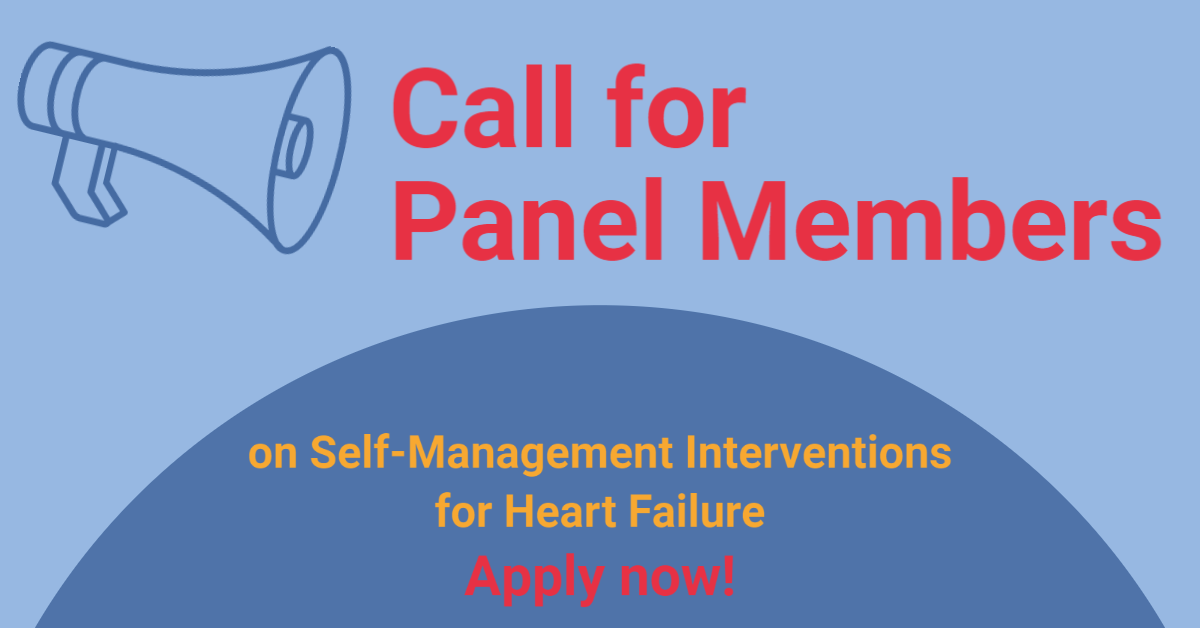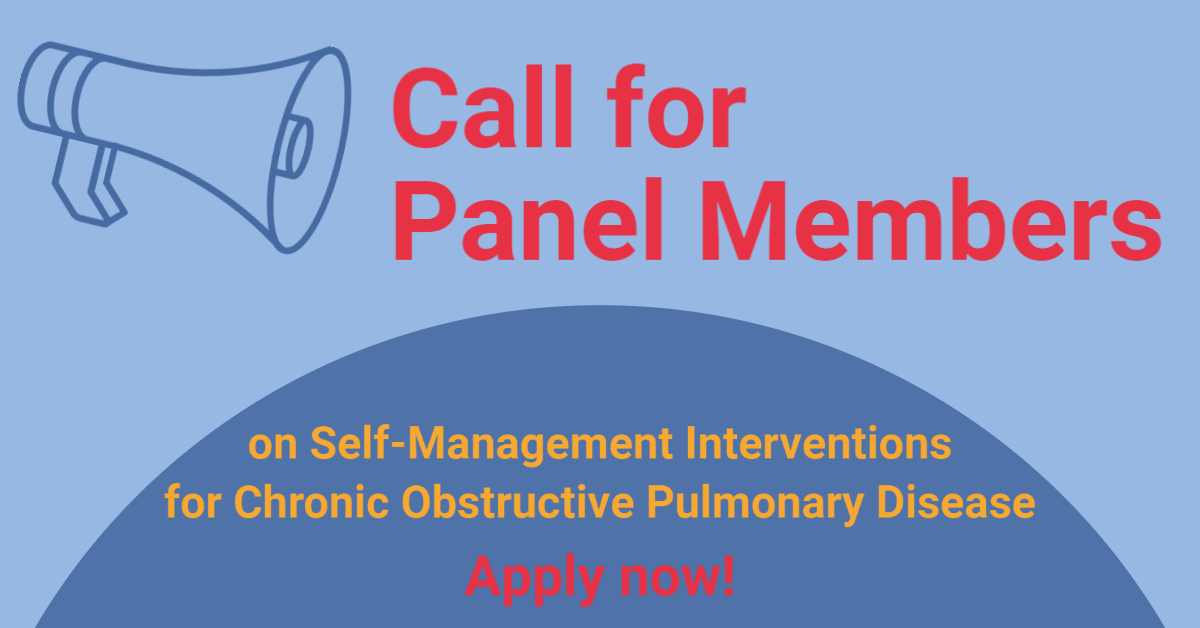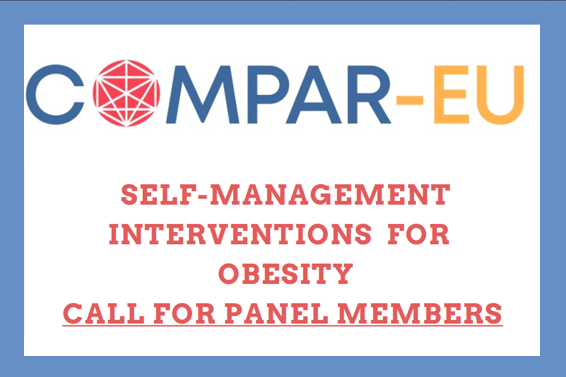References
Engelen MM, Dulmen S van, Puijk-Hekman S, Vermeulen H, Bredie BJH, Nijhuis-van der Sanden MWG, Gaal BGI. Evaluating the web-based support program vascular view: Results from an explorative randomized controlled trial. JMIR 2020 Jul 24;22(7):e17422
Pon E du, Kleefstra N, Cleveringa F, Dooren A van, Heerdink ER, Dulmen S van. Effects of the Proactive Interdisciplinary Self-Management (PRISMA) program on self-reported and clinical outcomes in type 2 diabetes: A randomized controlled trial. BMC Endocrine Disorders 2019 Dec 11;19(1):139
Puijk-Hekman S, van Gaal BG, Bredie SJ, Nijhuis-van der Sanden MW, van Dulmen S. Self-management support program for patients with cardiovascular diseases: User-centered development of the tailored, web-based program Vascular View. JMIR research protocols 2017 Feb 08;6(2):e18
Sieben A, Onzenoort HAW van, Dulmen AM van, Laarhoven K van, Bredie SJH. A nurse-based intervention for improving medication adherence in cardiovascular patients: an evaluation of a randomized controlled trial. An integrated process and outcome evaluation of the MIRROR trial. Pat Pref Adh 2019:13 837–852
Sieben A, Onzenoort HAW van, Bredie SJH, Laarhoven CJHM van, Dulmen S van. Identification of cardiovascular patient groups at risk for poor medication adherence, a cluster analysis. The Journal of Cardiovascular Nursing 2020 (in press)
Zuidema RM, Gaal BGI van, Dulmen S van, Repping-Wuts H, Schoonhoven L. Development of an online tailored self-management program for patients with Rheumatoid Arthritis. JMIR ResProtoc 2015 Dec 25;4(4):e140
Zuidema R, Dulmen S van, Nijhuis- van der Sanden M, Meek I, Ende E van den, Fransen J, Gaal B van. Efficacy of an online self-management enhancing programme for patients with rheumatoid arthritis: an explorative RCT. J Med Internet Res 2019 Apr 30;21(4):e12463
Zuidema R, Dulmen S van, Gaal B van, Nijhuis-van der Sanden M, Fransen J. Lessons learned from patients with access to an online self-management enhancing program for RA patients: qualitative analysis of interviews alongside a randomized clinical trial. Patient Educ Couns 2019; 102: 1170-1177






